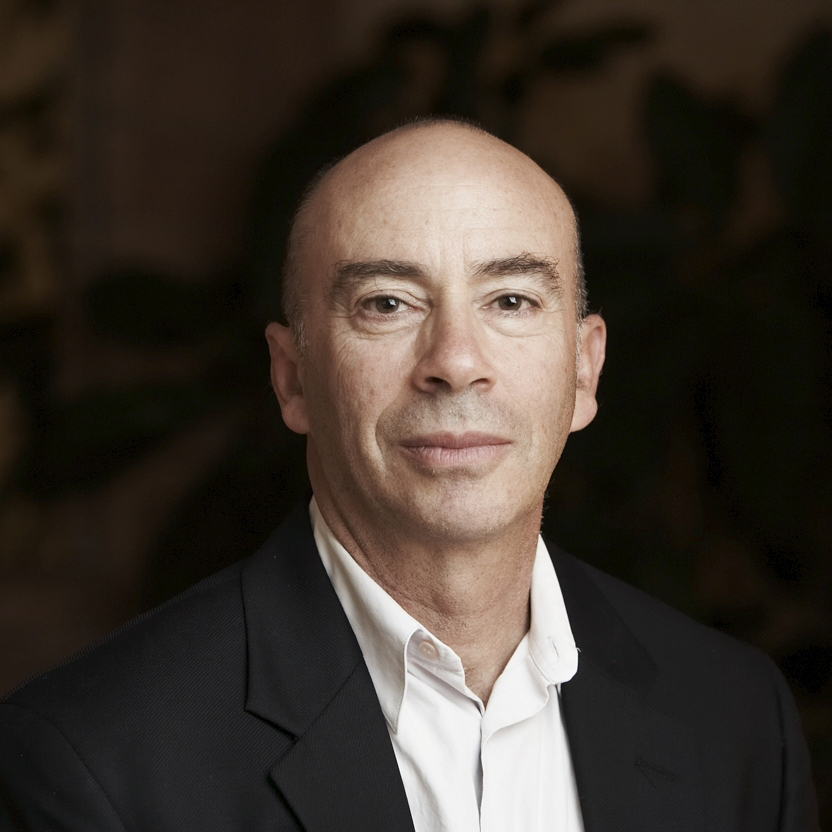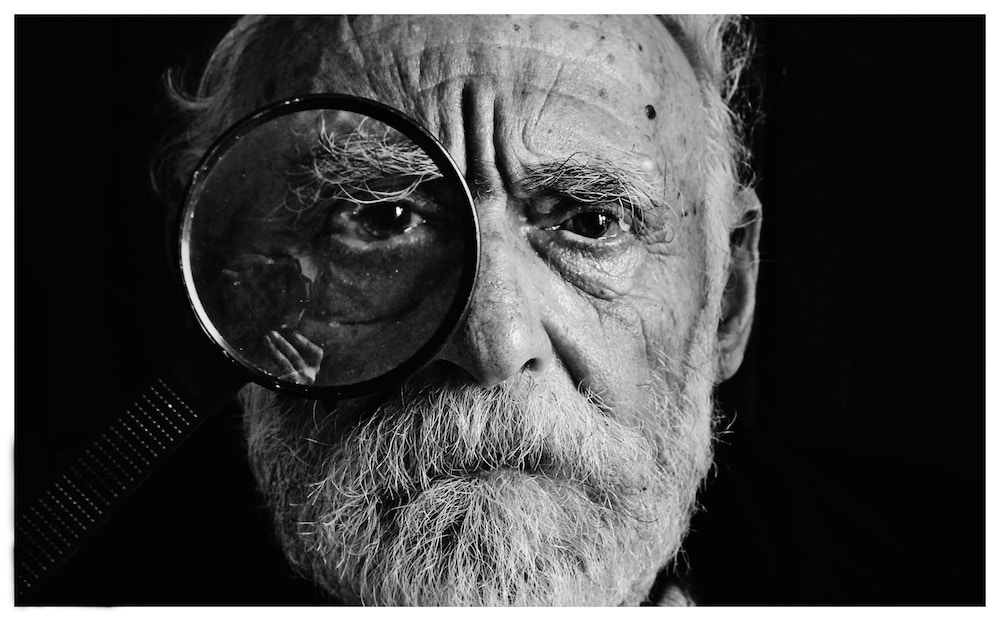“Be joyful, though you’ve considered all the facts.”
Wendell Berry
Work and meditation are each great places for cultivating greater confidence, while at the same time learning to ask important questions.
So much of growing a company involves confidently testing, watching, and evaluating results, and asking lots of penetrating questions. During the first few years developing mindfulness programs within Google, we created a very solid, successful training program that was delivered over the course of 7 weeks with weekly in-person meetings. One of the advantages of this structure was that it allowed for the exploration of new tools and practices in between meetings. For several years this was the only format in which the program was offered.
When we began to test the program outside of Google, I organized an intensive 2-day public program in San Francisco. Meeting for 2 days versus 7 weeks meant that the program became more feasible for and accessible to, organizations outside of the Bay Area and we found ourselves welcoming participants from throughout the US, Europe, Mexico, and Canada. This new structure also meant that there wouldn’t be time for practice in between sessions and for this reason, many people thought that the 2-day format just wouldn’t work. But, I felt confident enough to try it and explore what we might learn.
It turned out that by offering a 2-day program we were able to create a much stronger sense of connection, depth, and community than with the 7-week program. Participants also reported a greater sense of being able to take in and assimilate the material, and to solve the problem of not having time to practice in between sessions, we added a 4-week “challenge” – a time for people to integrate the practices they’d learned following the intensive training.
So much of my work life now, as I’m transitioning from the role of CEO of the Search Inside Yourself Leadership Institute, is to muster the confidence to try things – more writing, speaking, coaching, training – and at the same time to see everything as an experiment by approaching things with an abiding curiosity and an eagerness to learn. Some of the questions I’m asking myself involve exploring where I can have the most impact while doing what I most enjoy. One of my enduring mantras is to “be confident and question everything.”
I also think this practice is core to meditation practice. Just stopping and bringing your full attention to body, mind, and heart takes confidence and cultivates confidence. The ability to stay with, and not turn away from, whatever might come up – all the pains and joys – this aspiration to stay with things, and to see more clearly, is crucial to our work and our relationships. At the same time, the practice of meditation is about cultivating an attitude of curiosity and of not knowing – being open to not being an expert, to the mind of a beginner, the mind that questions everything.
It can be challenging to have the confidence to try things, especially when we realize that we might fail. And it can be challenging to have an open mind when we try things and to stay open and question all that we learn throughout the process. If we’re honest, we just want the world to make sense and to conform to our ideas. We yearn for predictability. We resist and often reject what doesn’t fit into our worldview, and we very much dislike change. I certainly do. I sometimes joke that I’d like to form a support group called “Buddhists Against Change.” Sure, acknowledging and embracing change is a foundational principle of Buddhist philosophy, but that doesn’t make it fun or easy.
As we develop our skills and experience, the last thing we want is to question our own hard-won knowledge, yet sticking to our ideas could pose a big problem. Life changes constantly. Mindfulness practice and meditation are methods of ensuring that “not knowing” informs our habitual approach to life so that we don’t succumb to the hubris of our assumptions. These practices help keep us from the trap of overconfidence, which is often a defense against the unpredictability of life.


